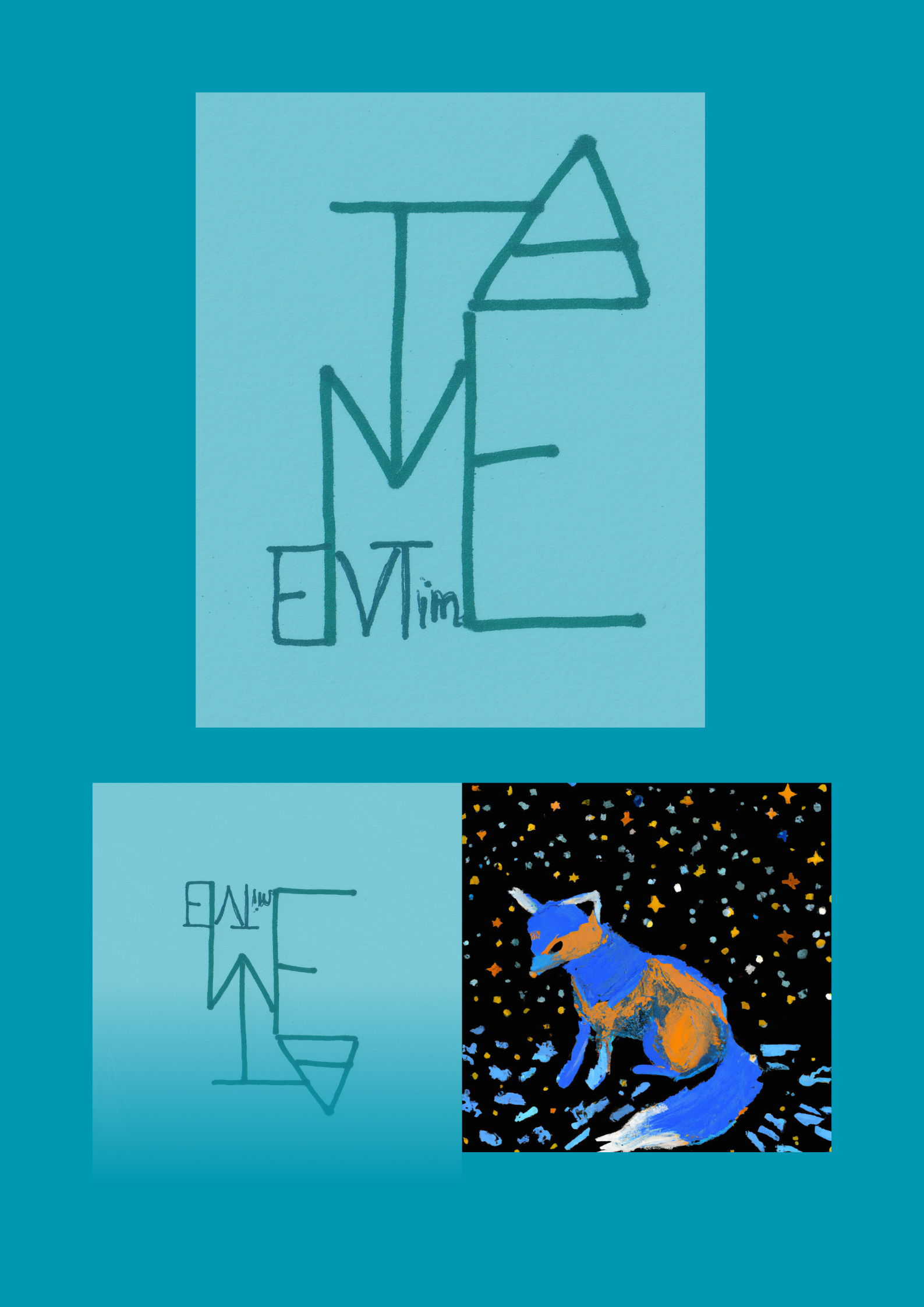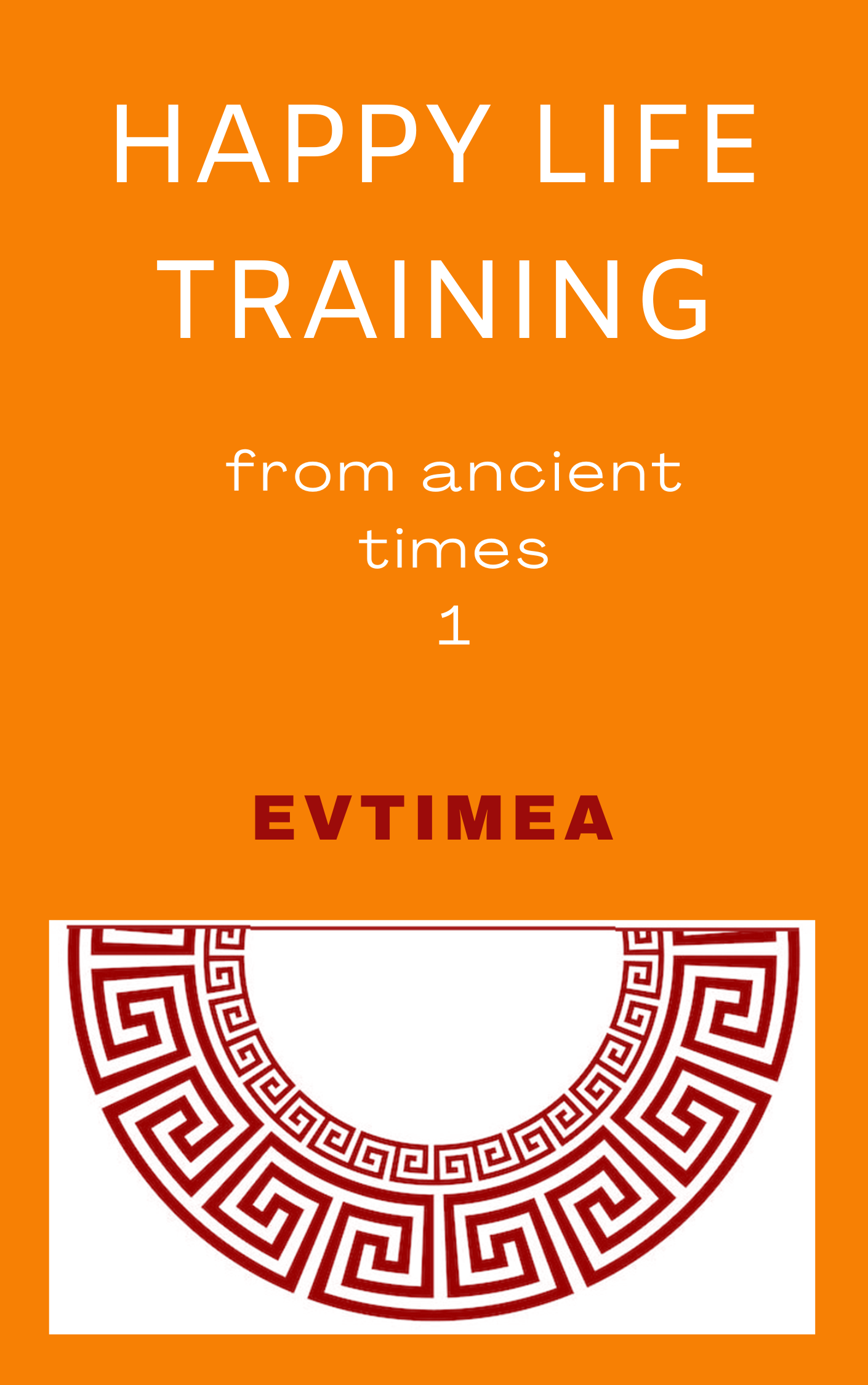EVTIMEA: My world
ON WISDOM
Life is short, but wisdom is eternal.
̔O βιoς βραχυς, ̔η δε σoφια απειρα.
Do we know what wisdom really is?
Wisdom is basically the WISDOM OF LIFE.
As a science, it is primarily the subject of PHILOSOPHY.
Philosophy - the passion for knowledge (derived from the Greek term meaning: a love for wisdom,
or a longing for wisdom). Philosophy is a special science: it does not know wisdom, it loves it.
As the great Athenian philosopher Plato described in his book Symposium, the philosopher, being a lover
of wisdom, aspires to be wise. Thus, Eros drives us humans to acquire even greater knowledge. Wisdom,
however, is not knowledge on a large scale, but a certain quality of knowledge: knowledge of the essence.
What is the essence? Well, the knowledge of ourselves and of how the world around us works.
Wisdom is the knowledge of mankind. It is the desire and ability of every human being. It is a strong
testament to the universality of wisdom, that the ancient Greeks and the distant Chinese shared identical
beliefs on some topics 2500 years ago. In both Greek and Chinese philosophy, they formulated the golden rule
of ethics: this warns against treating others in a manner that one would not desire for themselves. Or they
thought about problems like the concept of motion, like the motion of an arrow. They also said: If you want
to be happy, you have to overcome yourself.
Everyday wisdom – daily care of the soul
Wisdom is not only science. In ancient times, philosophy provided the ability to take care of the soul.
This is because everyone needs a sanctuary at least in their soul. As the emperor Marcus Aurelius (a Stoic
philosopher) wrote: “For nowhere either with more quiet or more freedom from trouble does a man retire than
into his own soul, particularly when he has within him such thoughts that by looking into them he is
immediately in perfect tranquility.” (Meditations)
And an essential part of leading a good, happy life is daily reflection, as Karl Jaspers (the modern
existentialist philosopher) writes: “We men cannot do without our daily moments of profound reflection.
In them we recapture our self-awareness, lest the presence of the primal source be lost entirely amid the
inevitable distractions of daily life.” (An Introduction to Philosophy)
Utilization of ancient wisdom
Why ancient wisdom?
Well, ancient man thought and expressed himself in a very different way to how we do. In this respect,
it is not easy to deal with ancient wisdom. But man is man in every age. The care of the soul and spiritual
problems were still present and have hardly changed since ancient times. Thus, the knowledge of the ancients
(the eternal wisdom) is always with us. The ancient thinkers gave answers to the great metaphysical problems,
which are still useful today: what is the soul, what is happiness, what is the universe, who is God, what is
infinity, what is justice?

MY WORLD
1 The happiness problem
The discovery of the happiness problem came out of my practice as a philosophy teacher. Teaching high
school students opened my eyes to the fact that the seemingly complex theories of philosophy are actually
rooted in a fundamental question about humanity: how to find happiness, navigate life, and connect with
others in the world. I intend, therefore, to reuse ancient philosophy in a modern treatment of the problem
of happiness.
Although this is not the usual approach to the science of philosophy, once the abstraction is understood,
it is not difficult to see that philosophy is really an extension of wisdom about life. To live wisely is
to live happily. Wise people must have the correct knowledge about themselves and the world around them.
This is where the abstraction of the science of philosophy comes from: it is extracted from the practical,
everyday wisdom of life.
Therefore, it is not difficult to create everyday advice on happiness from the texts of Western
philosophical history. Personally, I prefer to formulate it primarily from ancient philosophy but of course,
I also make references to more modern thinkers. After all, the history of European philosophy began with the
ancient Greek philosophers so, it is essentially based on them and continues to reflect them.
At a basic level, I have worked on it in a lighter work of soul care exercises
(Happy Life Training). . After that, I tried to work on the basic ideas of Western philosophy in a
slightly higher-level educational work so it becomes visible that philosophy—the love of wisdom—is rooted
in the problem of human happiness (The Path of Wisdom—to Happiness).
I hope to write a work of fiction, a novel, about the activities of the ancient masters in trying to
educate their disciples to live wise and happy lives (Psi-Factor: The Happiness Problem).
2 My scientific research
As a scholar, I am considered a freelancer, i.e. I work independently of official scientific institutions.
Currently, my available academic papers are on the analysis of Parmenides and Aristotle.
As a freelance thinker, however, my favorite field of research covers a somewhat broader horizon. I am
interested in the question of why many metaphysical concepts and problems are born together with the human
brain (intelligence). After all, they are a feature of human culture all over the world, expressed in all
kinds of religions, mythologies, philosophies, and scientific theories that explain the world, not to mention
people’s everyday interests and curiosity. These are the basic metaphysical concepts: soul, afterlife, God,
and infinity but they also include abstract concepts such as happiness and truth. This kind of research could
be called meta-metaphysics.
Copyright: Tímea Várőri (PhD) alias EVTIMEA, 2024 May

Happy Life Training—from ancient times 1
Happiness?
Is there anyone who does not want to be happy? This has been the eternal problem of the
individual since man has been on earth or, perhaps, even before. Of course, all animal and vegetable beings
also struggle to maintain their well-being.
Ancient philosophy?
Why would anyone think the ancient sages did not seek the answer to the question of happiness?
My whole university life was about theoretical concepts such as the doctrine of ideas, forms, and
elements. It was as if metaphysical theories had nothing to do with the challenges of ordinary human life.
However, what is the value of wisdom if it cannot teach anyone a happy life?
Happiness is a kind of state.
You feel happy when there is peace in your soul; when all things are in harmony in your inner life and
around you.
Ancient wisdom is still valid today. People are always individuals; they are full of personal problems.
The wisdom of life and the right way to live were the subjects of ancient philosophy. So, ancient
philosophers wrote much wise advice that we can use to control our lives.
But remember that the formula for happiness you learn from the philosophers is universal, and not your
individual formula. You have to make this formula your own so, you have to feel it, think about it, and
reinterpret it for your life. In this way, happiness will be your happiness, for your life is yours alone.
In part 1 of Happy Life Training, we look at the problem of true self-knowledge, primarily through the
classical Greek philosophers Plato and Aristotle (and a little Heraclitus).
In part 2, we learn about the right way to deal with our souls through the Stoic school, which is also
popular in current times (Epictetus, Marcus Aurelius).
The book is recommended also for beginners.
